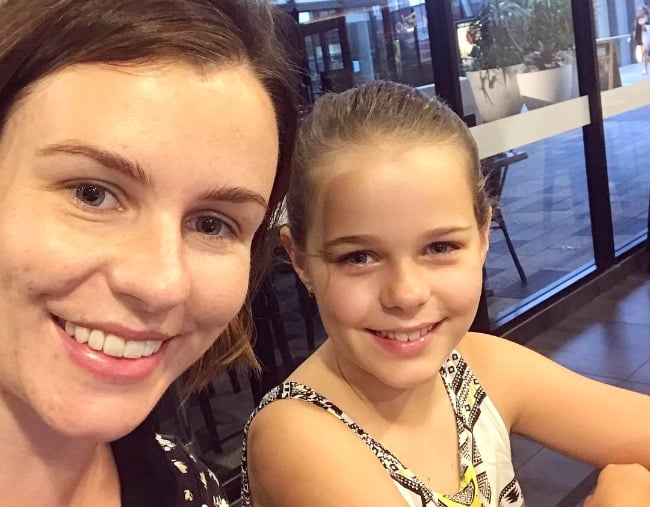
If you have a school aged child, especially one who has reached grades three, five, or nine, you’ll know all about NAPLAN.
Even if your child hasn’t reached this point, it’s worth being aware of what these tests are supposed to be used for (it differs quite a lot from what they’re actually used for), how children are prepared for them, and most importantly, whether you should be allowing your children to sit them.
NAPLAN (National Assessment Program – Literacy and Numeracy) is a national standardised testing of years three, five, and nine students in the areas of literacy and numeracy, and is intended to rank the performance of individual schools. The data is published on the government’s My Schools website, which is essentially one epic pissing contest.
Do kids and parents need to harden up over NAPLAN? The Mamamia Out Loud team discuss…
Naturally, the pressure on schools to perform well in these tests is intense. This is where the testing becomes controversial, because the focus in these year levels becomes performing well on the test, which is held in all schools on same day.
Rather than regular teaching and learning, these kids are being coached on how to do well on this particular test, which, as pointed out by Les Perelman, a retired professor from MIT University in the United States recently, isn’t a good thing.


Top Comments
I think parents and students actually care a lot less about NAPLAN than what is reported in the media (or in the article above). As a teacher, I have conducted NAPLAN tests (over 8 years and within three schools) and consequently feel I have a pretty good idea of how it all works and the feelings students/parents have about it. I believe that you need an holistic approach to education; with various forms of testing and assessment. NAPLAN can be a good assessment tool to use (but certainly not the ONLY one to make use of). Certainly the writing componant and the marking rubric can be flawed, however, the other language & conventions section and numeracy tests are quite good.
In all of my schools, the results were mailed out to student's parents, so I was a bit confused to hear that a school would hand them out to kids.
Perhaps the high school wanted to see the primary school NAPLAN results (amongst other assessment tools like teacher feedback, reports, CATs, SACs etc) to help better plan and prepare for the academic levels of new students. This is actually quite helpful.
I am a bit perplexed by some of the arguments presented in this article.
Seems writing articles for MM is a vehicle for this author to kvetch about whatever she doesn't like about the school that her kids attend. There's definitely a theme here.
Oh my gosh, I was thinking the same thing! Geez, just home school your kids then!!!